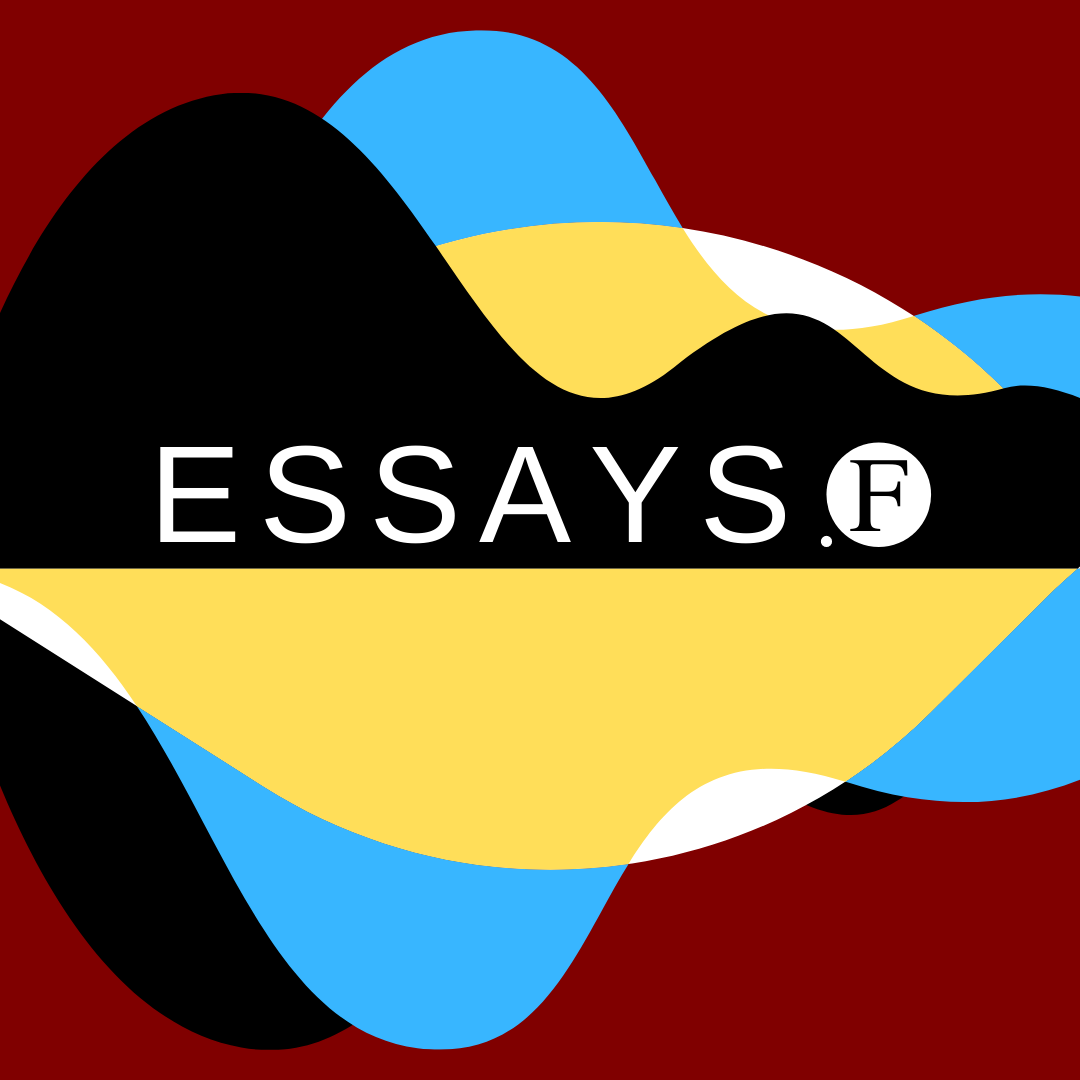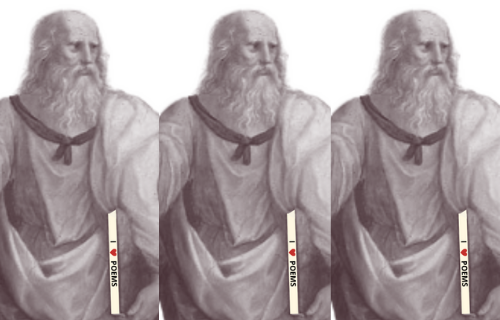Logical Gaps
Catarina Dutilh Novaes on why we should dig into the cosmopolitan roots of logic
Until not that long ago (say, the first half of the twentieth century), the very concept of ‘medieval logic’ would seem to many to be intrinsically incoherent: weren’t medieval authors only preoccupied with religious matters? If logic is the pinnacle of rationality, how can it be combined with something so inherently outside the scope of rationality like religious faith? Moreover, Kant’s (in)famous claim that nothing of importance had happened in logic since Aristotle seemed to justify a sweeping dismissal of everything in between.
Nowadays, the trope of the ‘dark Middle Ages’ still has some grip, but much has happened in medieval philosophy scholarship (especially since the 1950s) that has changed our overall conception of medieval philosophy, and of medieval logic in particular. Some of the scholars who played a pivotal role in these developments were Ernest Moody, Philotheus Boehner, and Józef Maria Bocheński. Bocheński in particular (in his A History of Formal Logic, 1956) singled out the medieval period as one of the three golden eras for logic (along with the ancient Greek period and the mathematical/formal period that started in the nineteenth century). The publication of Reference and Generality (1962) by the influential English philosopher Peter Geach further exposed the relevance of medieval logical theories for contemporary philosophical questions. (Geach was mostly wrong in his interpretation of the medieval theories, but he was right to see them as relevant to current debates.) The logical writings of authors such as William of Ockham, Peter of Spain, William of Sherwood, and John Buridan, among others, received renewed interest, and in particular became the object of modern critical editions. (A critical edition is one where all known manuscripts of a text are used/consulted.) Until then, most of these writings existed only in manuscript form, or in unreliable editions from the Renaissance period. Thanks to the critical editions, these writings became accessible to a wider readership, and sustained scholarly work on them could truly get started. These texts were originally written in Latin. In order to reach an even wider readership, some were translated into English and other modern languages. (Note, though, that it is highly inadvisable to conduct scholarly research on this material using the translated versions alone.)
What were these theories about? Medieval logic, especially from the thirteenth century onwards (which is known as the great scholastic period), was very deeply influenced by Aristotle’s logical writings, and so medieval authors were interested in much of the same topics as Aristotle: the nature of predication, the semantics of sentences, syllogisms, inference, modalities, fallacies. But medieval authors also developed a host of theories that were distinctively their own, such as theories of the properties of terms, theories of consequence, and theories of disputation such as obligationes. These theories were known as ‘logica modernorum’, the logic of the moderns, in opposition to ‘logica vetus’ or old logic, a term used to refer to work drawing explicitly from Aristotle’s writings (a tradition that continued to thrive alongside logica modernorum).
There remains, however, a fundamental flaw in this way of approaching medieval work in logic, namely, an unjustifiable Eurocentrism. In the same period (in fact, starting before this golden age of European scholasticism), a highly sophisticated logical tradition was being developed in the Islamic world, starting with the large translation efforts of Greek philosophical texts into Arabic in the ninth century, sponsored by the Abbasid Caliphs. (The ‘Philosopher of the Arabs’, Al-Kindi was a major figure in the translation movement.) From there on, a distinctive logical tradition emerged that took ancient Greek logic, and Aristotelian logic in particular, as its main starting point, but which (as with the Latin tradition) developed in novel and surprising directions. (Importantly, ‘Arabic’ and ‘Latin’ logic is a linguistic classification, as some work in the Arabic tradition was done by non-Arabs such as the Persian Avicenna, or by non-Muslims such as some Jewish authors. But it was invariably written in Arabic, while the Christian European intellectual tradition had medieval Latin as its official language.)
Because the Latin tradition and the Arabic tradition stem from the same source—ancient Greek logic—they can be described as sister traditions, and as such are fruitfully studied in tandem (though there are also important differences between them). Moreover, Arabic philosophy in general and Arabic logic in particular exerted significant influence on its Latin counterpart, though communication in the other direction seems to have been scarce.
Systematic scholarly work on the Arabic logical tradition is a fairly recent phenomenon, though one exception is the work of the philosopher Nicholas Rescher, who published a number of studies on Arabic logic in the mid-twentieth century. While much work remains to be done, there has been a steady growth of interest in Arabic logic among historians of logic. The overall scholarly output does not yet match, in terms of quantity, that of work on the Latin tradition; but with a growing number of researchers working on the Arabic tradition, our knowledge thereof increases by the day.
Naturally, in the same period elsewhere in the world—in particular, in India—lively intellectual traditions flourished, and some of these developments fall squarely within the remit of what we like to call ‘logic’. So, technically, these can also be seen as falling under the heading ‘medieval logic’ (though, of course, the very periodization that gives us the notion of the ‘Middle Ages’ is Eurocentric). However, these traditions developed largely independently from the Latin and the Arabic traditions, and moreover they do not share the common ancient Greek matrix.
Why is this important? There has been much discussion recently on diversifying the philosophical canon along a number of dimensions, in particular, in terms of gender and race/ethnicity. For now, the traditional philosophical canon remains composed essentially of white, European (often Christian) male authors, and this is perceived as a problem by many, both because an awful lot of good philosophy is being left out, and because it is hypothesized that a non-diverse canon propagates the idea that philosophy is a thing for ‘white men’, thus discouraging women and people of colour from becoming philosophers. Perhaps diversifying the canon in this way, so as to include neglected work by women such as the early-modern authors Margaret Cavendish, Anne Conway, and Émilie Du Châtelet, and philosophical work outside of the Christian European tradition, such as in the Chinese, Indian, and African traditions, will have the effect of attracting to the benches of philosophy demographic groups beyond white men.
At any rate, it is clear that there is a colossal amount of interesting and important philosophical work that is traditionally ignored by the canon, and it is everyone’s loss that we have not paid enough attention to this rich material thus far. Moreover, in certain cases, understanding the exact details of European philosophical traditions requires familiarity with other traditions, given the amount of cross-pollination that has occurred, particularly in the case of medieval Latin and Arabic philosophy.
And thus, motivated by these historical, intellectual, and moral considerations (the neglect of voices other than white male voices in ‘traditional’ philosophical historiography), when we were commissioned to edit the Cambridge Companion to Medieval Logic, my co-editor Stephen Read (University of St. Andrews) and I were adamant that we should include as much on the medieval Arabic tradition as we could. Again, purely historical considerations already make this a rather obvious choice, given that the two traditions are closely related in a number of ways. But for me at least, it was also a matter of intellectual justice, of recognizing and bringing to the fore the brilliance of medieval Arabic logic, alongside the more widely recognized sophistication of the Latin tradition. The result of our efforts came out a few months ago, and while it is still somewhat skewed towards the Latin tradition (both as a result of the more mature state of scholarship on this tradition, and the fact that the two editors’ background is on Latin rather than Arabic logic), we feel we have made progress in the right direction.
As noted by the late philosopher and Indologist Frits Staal, ‘pre-modern, that is, ancient and medieval science can only be adequately understood if the Eurasian continent is treated as an undivided unit’. He rejected the idea of ‘separate and impermeable cognitive worlds that are isolated from each other’, and instead defended a model of regular cross-pollination and transmissions among Chinese, Indian, Arab, European-Christian, and many other intellectual traditions. It is time that we recognize the cogency of this model for the history of philosophy too, and start exploring more systematically the connections between these traditions. Studying Latin and Arabic medieval logical theories in tandem is but a first step in this direction, which we have attempted to achieve with The Cambridge Companion to Medieval Logic.
The Source Code
This essay is based on the book The Cambridge Companion to Medieval Logic, edited by Catarina Dutilh Novaes and Stephen Read (Oxford University Press, 2016).







A deep confusion stalks this article. We are told, “If logic is the pinnacle of rationality, how can it be combined with something so inherently outside the scope of rationality like religious faith?”
Before I go on, DO NOT be tempted to assume I am defending religious faith, I am not.
Catarina Dutilh Novaes’ statement I quote above is profoundly confused.
By analogy take the following statement: “If Sunderland wins the Premier League this season, it will have amassed either a greater number of points (or the same number of points but a better goal difference), then the team which comes second.”
This is true in virtue of the rules of the Premier League.
Catarina Dutilh Novaes’ claim is equivalent to saying: “But it is irrational to believe that Sunderland has any chance of winning the Premier league this season.”
This, of course, has no implications for the logic of the initial statement whatsoever.
Logic cannot tell us what is, or what is not the case, it cannot tell us what it is reasonable to believe, it can only tell us what we can legitimately infer on the condition that something is the case.